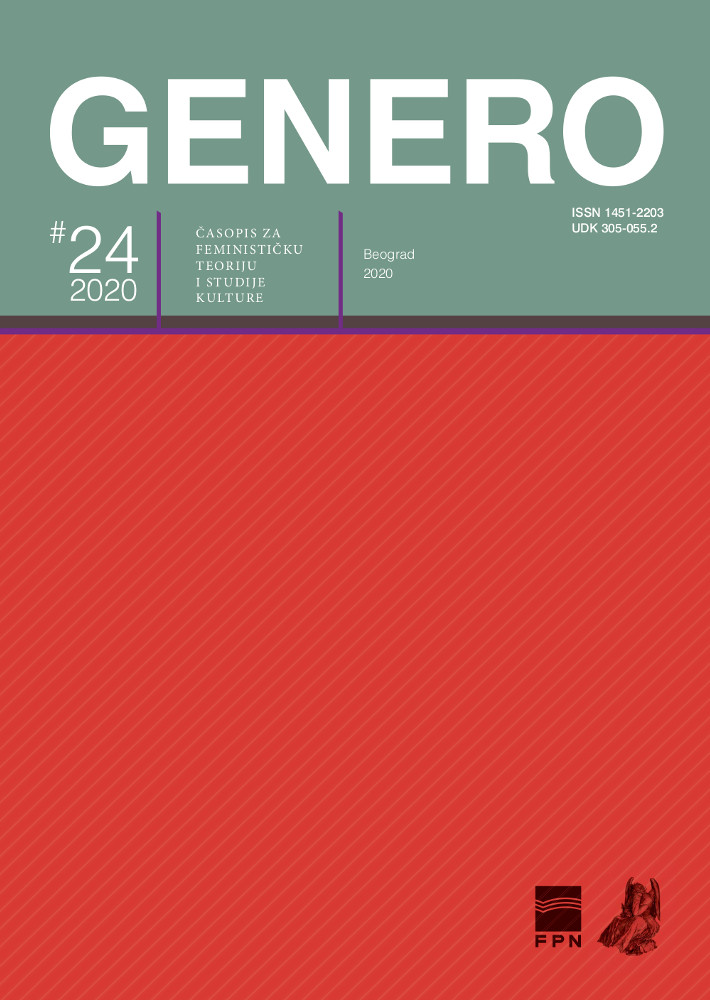Kako govorimo i mislimo o rodu
How We Speak and Think about Gender
Conceptual Metaphors in the Serbian Language
Author(s): Tamara IvančevićSubject(s): Cognitive linguistics
Published by: Centar za ženske studije & Centar za studije roda i politike, Fakultet političkih nauka, Beograd
Keywords: cognitive linguistics; language; conceptual metaphor; metaphorical linguistic expression; gender; contemporary patriarchy; heteronormativity
Summary/Abstract: The influence of human experience on observations about different physical and non-physical entities has been ignored and even denied for a long time within the framework of Western philosophy, which has been occupied with the question of language, among other things. Mark Johnson and George Lakoff’s cognitive approach to language, which developed in the 1980s, has shown that ways in which people interact with their environment have a strong effect on the ways of understanding concepts. Such understandings, if not entirely then in a fair degree, are realized by metaphors that there- fore cease to be primary and only defined as a stylistic device. Taking into account that gender and/or its contextual background are often overlooked in many analyses of conceptual metaphors, this paper endeavours to exami- ne the abstractness of the concepts woman and man through the research in The Corpus of Contemporary Serbian. If the human understanding of abstract concepts comes, at least partially, through metaphors, and woman and man as a subcategory of the concept human are abstract, then man and woman must also be represented through one of the possible forms of the metaphor – metaphorical linguistic expressions. At the same time, the so- cial context in which we are talking and thinking about women and men is marked by contemporary patriarchy and heteronormativity, and this is by no means negligible in its closer definition. Woman and man do not exist, or it is unimportant if they exist beyond human construction and imaginative conceptualization. The fact that something is a construct does not mean that it is without real and dangerous consequences.
Journal: Genero: časopis za feminističku teoriju i studije kulture
- Issue Year: 2020
- Issue No: 24
- Page Range: 113-142
- Page Count: 30
- Language: Serbian

